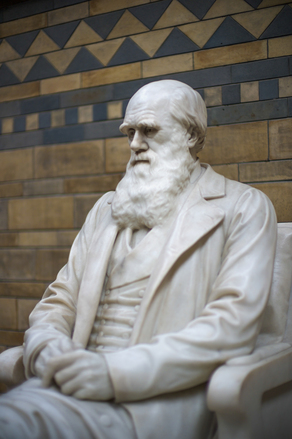 |
| FreeImages.com/abcdz2000 |
HARD IS GOOD, EASY IS BAD
In my opinion, one of the most valid heuristics in life is: “hard is good, easy is bad” – great ‘entities’ are time honored; and becoming an expert is not an exception.
Benjamin
Bloom, (one of the pioneers of the psychology of expert performance) carried
out a retrospective study probing the childhoods of some expert performers in a
wide range of field in the 80s. Surprisingly, his battery of researches indicated that
there are no correlation between expert performance and IQ. What tends to
correlate with expert performance is the amount of practice – not just mere
practice but what is called “deliberate practice”
In the
book, Moon walking with Einstein, Joshua Foer gave a great description of what
it takes to be an expert (or to be great at something):
...
3 stages
in acquiring new skills:
Cognitive
stage: Here, you are learning the techniques and “tricks”; so you will
definitely make lots of mistakes.
Associative
stage: Here, you kind of get a hold of the techniques; efficiency increases,
with fewer mistakes.
Autonomous
stage: You are in the flow. You get rid – for the most part – the conscious
control associated with the prior stages. Joshua Foer called this the “OK
plateau” “The point at which you decide you are OK with how good you are at
something , turn on autopilot, and stop improving”
{For
clarity: Think of when you started driving versus now (assuming you are good at
it)}
Here is
the key to becoming an expert: Stay off the autonomous stage.
How?
Let's follow the prescriptions of expert performance psychologists:
1, Take on deliberate task beyond your
competence and comfort. (Focus on techniques)
2, Be
goal oriented (laser focus)
3, Get a
very robust feedback (which means you have to continuously monitor progress
aggressively) And tweak actions based on feedbacks
Psychologists
believe that 10,000 hours of this process leads to expertise.
The
important point here is – when you are doing this, you get your ass stuck at
the cognitive stage! (Which is literally, the art of practicing failing)
By
default this is hard - it should be - but remember: Hard is good, Easy is bad.
This is
almost like the "Law of gravity" for mastery, even the super-smart
don't defy it.
Let me
end with this apt quote from Macklemore “The greats weren't great because at
birth they could paint, the greats were great because they paint a lot!"













